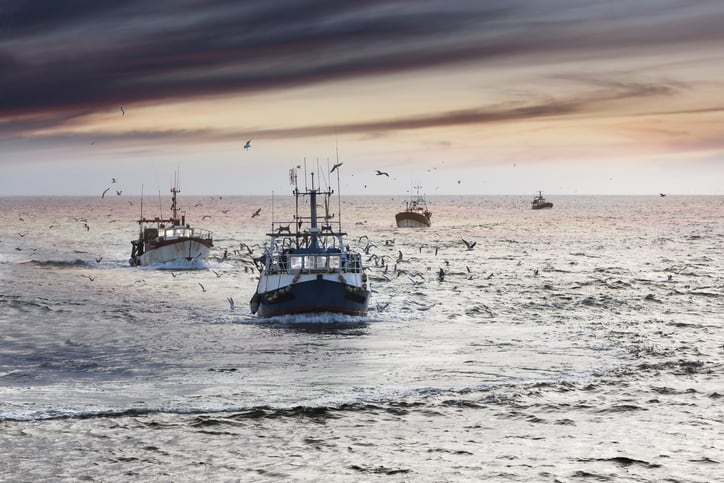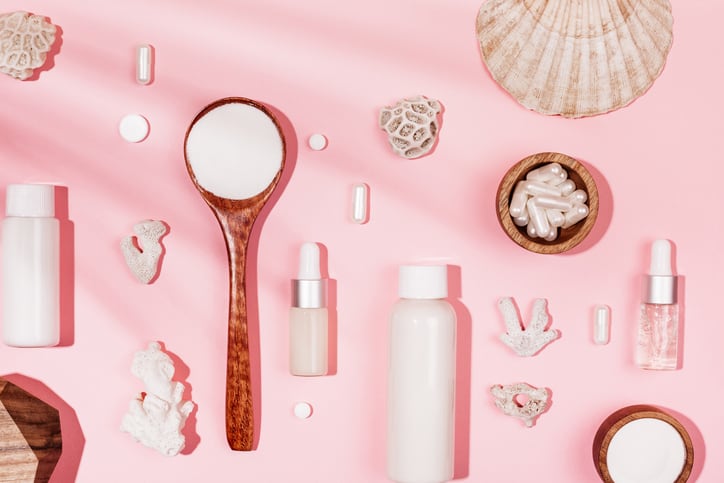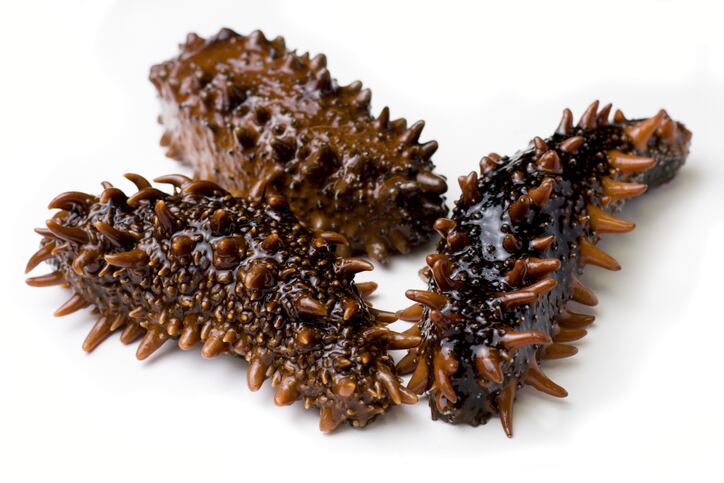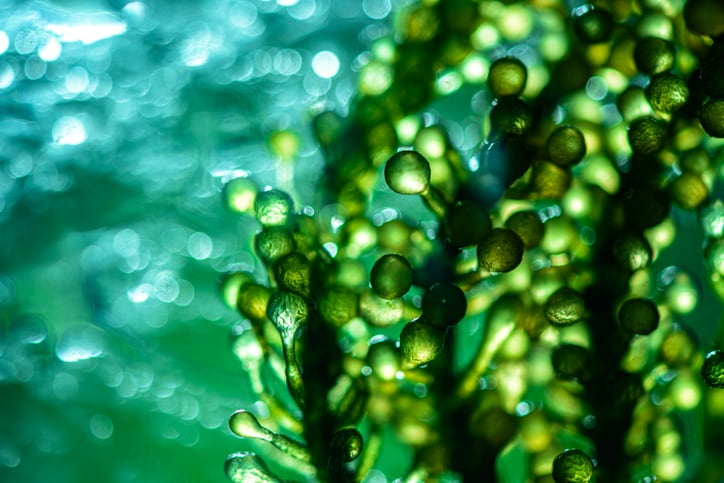Previously known as IFFO RS, the independent, business-to-business certification and auditing programme currently certified more than 50% of the world’s marine ingredients, verifying responsible, safe and traceable supply chains. Most of these ingredients were destined for fishmeal or animal feed but some reached higher-value applications like nutraceuticals and cosmetics, particularly fish oils.
MarinTrust Standard
MarinTrust is a flagship independent third-party certification standard – providing assurance that marine ingredients have been responsibly and safely sourced and produced, from the fisheries through to the fishmeal/fish oil processing plants.
MarinTrust also has a Chain of Custody (CoC) standard – certifying product integrity and providing full traceability from when ingredients leave certified plants to when they reach manufacturers.
Libby Woodhatch, executive chairwoman of MarinTrust, said the programme’s work currently stretched across 22 countries, but there were big goals to expand its global footprint.
“Our ambition by 2025 is to get 75% of marine ingredients worldwide either certified, in assessment or in one of our ‘improver programmes’,” Woodhatch told CosmeticsDesign-Europe.
MarinTrust improver programmes, she said, were used in developing countries or markets with limited infrastructure, investment or institutional development and used a multi-stakeholder approach to develop fisheries to a point where they could participate in certification. Current improver programmes were underway in Ecuador, Panama and Thailand, among other global markets, she said.
Cosmetics consciousness on certified marine ingredients
Woodhatch said that whilst beauty and personal care represented a very small end market for marine ingredients, compared to fish and animal feed, it would be an important category in driving the future of wider use of responsibly sourced ingredients.
“Most manufacturers will have very clear sourcing criteria, whether that’s a cosmetic manufacturer or whether that’s Sainsbury’s wanting their fish on the counter to be fed the right thing,” she said, and so having a programme that offered proof of that was increasingly important.
The key for cosmetic manufacturers, she said, would be understanding what programmes like MarinTrust represented. Typically, she said companies higher up the value chain – be that retailers or cosmetic brands – didn’t fully understand the intricacies of the entire marine ingredients supply chain, particularly that “bit in-between” or processing into fishmeal or fish oil.
“If [the cosmetics industry] understand what we cover and why we cover it, then I think they can create lots of change. The market is a great driver.”
‘All about that dialogue’ – informative outreach to drive value
Woodhatch said MarinTrust was committed to driving more awareness and understanding in the wider marketplace, particularly higher up the value chain.
“For us, it’s all about that dialogue; about raising awareness and explaining what we already do. We’ve got a really big story to tell and we just need to tell it more, so people fully understand.”
Eventually, as more beauty firms understood and demanded more certified marine ingredients, she said fisheries and fish oil producers would be incentivised further to work towards certification.
“It’s a great value proposition when we’re trying to increase the value of marine certified ingredients – being able to say it’s not just about feeding pigs in China but also about cosmetics. It might be lower volume but it’s higher value.”
COVID-19 twist – a sharper look at traceability and safety
Woodhatch said the current coronavirus (COVID-19) crisis had sharpened focus on the traceability and safety aspect of marine ingredients, particularly for applications using fish oils.
“A lot of the focus in the past has been on responsible sourcing, but the traceability and safety element are going to be absolutely key moving forward.” And she said that globally there was a big movement towards simplifying that process.
MarinTrust, for example, was working within the global business-to-business project The Global Dialogue for Seafood Tracebility, overseen by conservation group WWF called, that aimed to establish universal data and criteria systems worldwide. “Sometimes it’s a bit clunky with everybody using different systems and different criteria. The idea is to streamline everyone so you can guarantee that traceability better,” she said.




